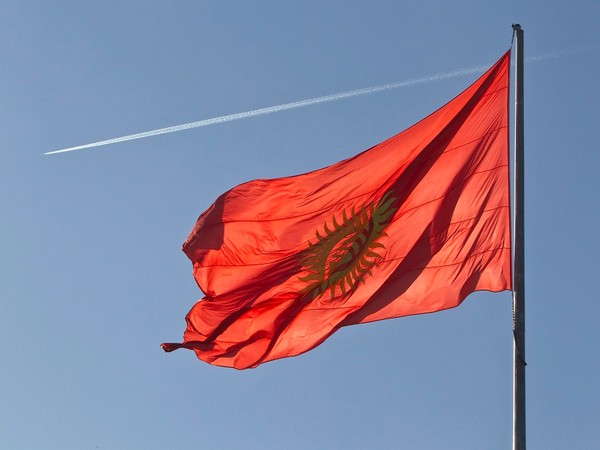UN Condemns Kyrgyzstan's Move to Abolish Independent Anti-Torture Watchdog
The SPT delegation visiting Kyrgyzstan from 25 to 27 June included Elina Steinerte, Vice-Chair for National Preventive Mechanisms, and Nika Kvaratskhelia, Country Rapporteur for Kyrgyzstan.

- Country:
- Kyrgyz Republic
The United Nations Subcommittee on Prevention of Torture (SPT) has strongly criticized Kyrgyzstan's decision to dismantle its independent torture monitoring body, the National Centre for the Prevention of Torture (NCPT). The move, made without public consultation or transparency, has raised alarm among international human rights organizations, with the SPT calling it a significant and troubling regression in the country’s human rights commitments.
Dismantling a Model Human Rights Institution
The NCPT was established in 2012 as Kyrgyzstan’s National Preventive Mechanism (NPM) under the Optional Protocol to the Convention against Torture (OPCAT), which Kyrgyzstan ratified in 2008. The Centre has since played a critical role in preventing torture and ill-treatment in detention facilities and was widely recognized for its independence and effectiveness.
The UN High Commissioner for Human Rights, during a visit to Kyrgyzstan in March 2025, praised the NCPT as a regional model for Central Asia and the only independent national human rights institution in the country that met international standards.
Despite this recognition, the Kyrgyz Parliament pushed through a controversial legal amendment under the new Constitutional Law “On Akyikatchy (the Ombudsperson) of the Kyrgyz Republic”, transferring the NCPT’s mandate to the Ombuds Institution—an entity the UN says does not meet the Paris Principles for independence and effectiveness in human rights monitoring.
Opaque Legislative Process Raises Concerns
The SPT expressed particular concern over the lack of transparency and stakeholder engagement in the legislative process. The amendments were adopted in a combined second and third reading on 25 June, just days after high-level meetings with SPT delegates—without the promised consultation, public disclosure of the legislative text, or open debate.
“This is plainly incompatible with the requirements of the OPCAT,” said Maria Luísa Romero, Chairperson of the SPT. “The dismantling of an established and functional torture prevention mechanism through a closed and rushed process represents a serious setback for human rights in Kyrgyzstan.”
Mandate Transfer Without Clarity
Equally troubling for the UN is the lack of detail on how the Ombuds Institution will now carry out the NPM mandate. According to the SPT, there are no clear provisions or guidelines for ensuring the Ombuds body will operate with the independence, resources, and authority previously held by the NCPT.
“Dismantling this institution without providing a robust alternative structure undermines the State’s obligations under international law,” Romero noted.
SPT’s Call for Reversal and Engagement
The SPT has called on the Kyrgyz authorities to halt the dismantling of the NCPT and return to the consultation process agreed upon during prior meetings. They urged the government to work constructively with the SPT to strengthen—not weaken—Kyrgyzstan’s torture prevention mechanisms.
“We urge all Kyrgyz authorities to engage in dialogue with us on how to best support and enhance the NCPT’s work for the benefit of all people in Kyrgyzstan,” Romero said.
The SPT delegation visiting Kyrgyzstan from 25 to 27 June included Elina Steinerte, Vice-Chair for National Preventive Mechanisms, and Nika Kvaratskhelia, Country Rapporteur for Kyrgyzstan. Their visit aimed to reinforce cooperation and provide guidance on upholding the country’s obligations under OPCAT.
Regional and Global Ramifications
Kyrgyzstan’s move is seen as particularly damaging given the NCPT’s status as a regional leader in human rights monitoring. Observers fear the abolition of the NCPT could set a negative precedent across Central Asia, weakening protections against torture and undermining broader regional efforts to uphold international human rights norms.
As international scrutiny intensifies, the UN is urging Kyrgyzstan to reconsider its actions and restore a credible, independent mechanism to prevent torture. The dissolution of the NCPT not only threatens the rights of detainees and vulnerable populations in Kyrgyzstan but also undermines the country’s reputation as a regional leader in rights compliance.










